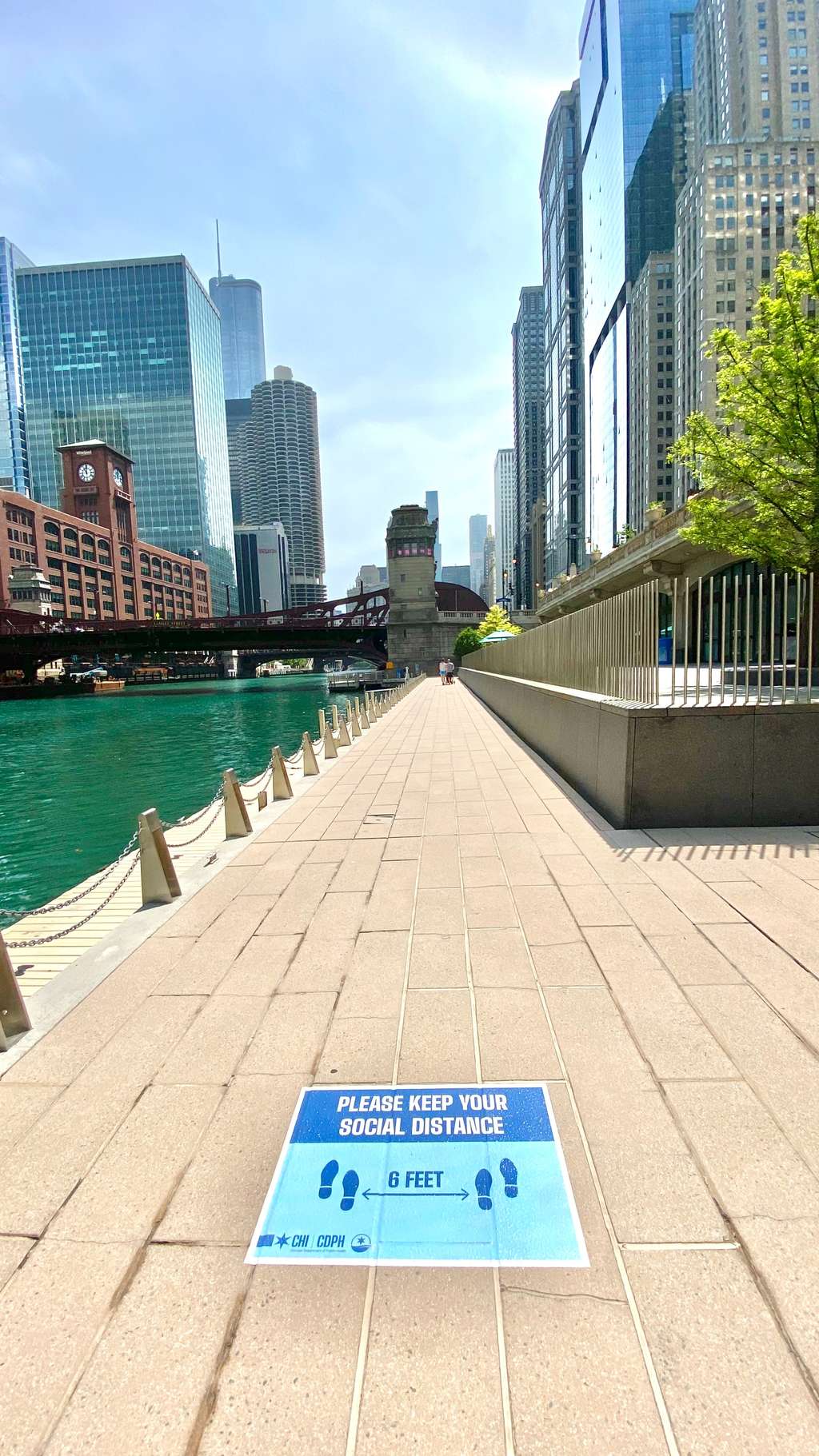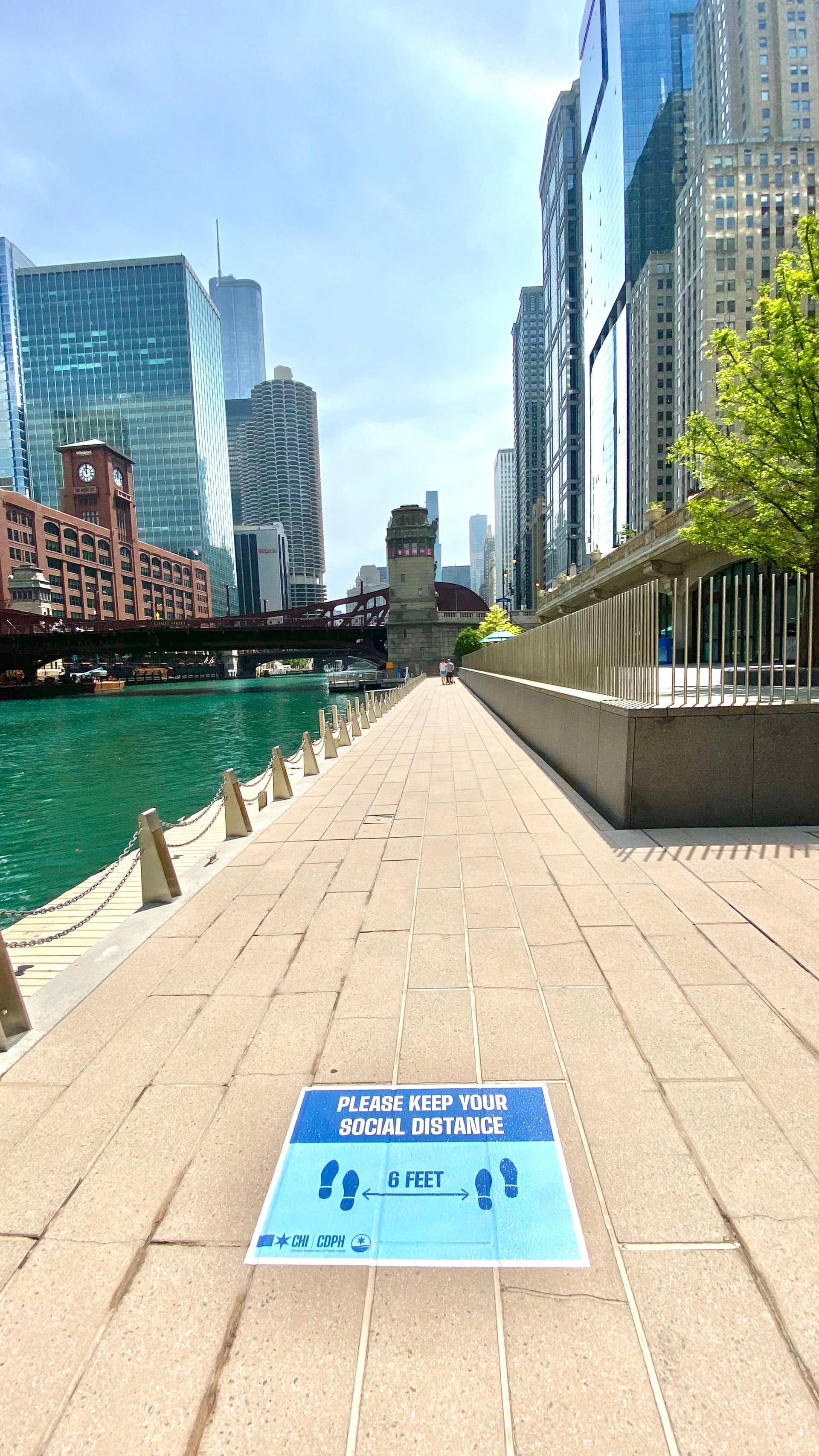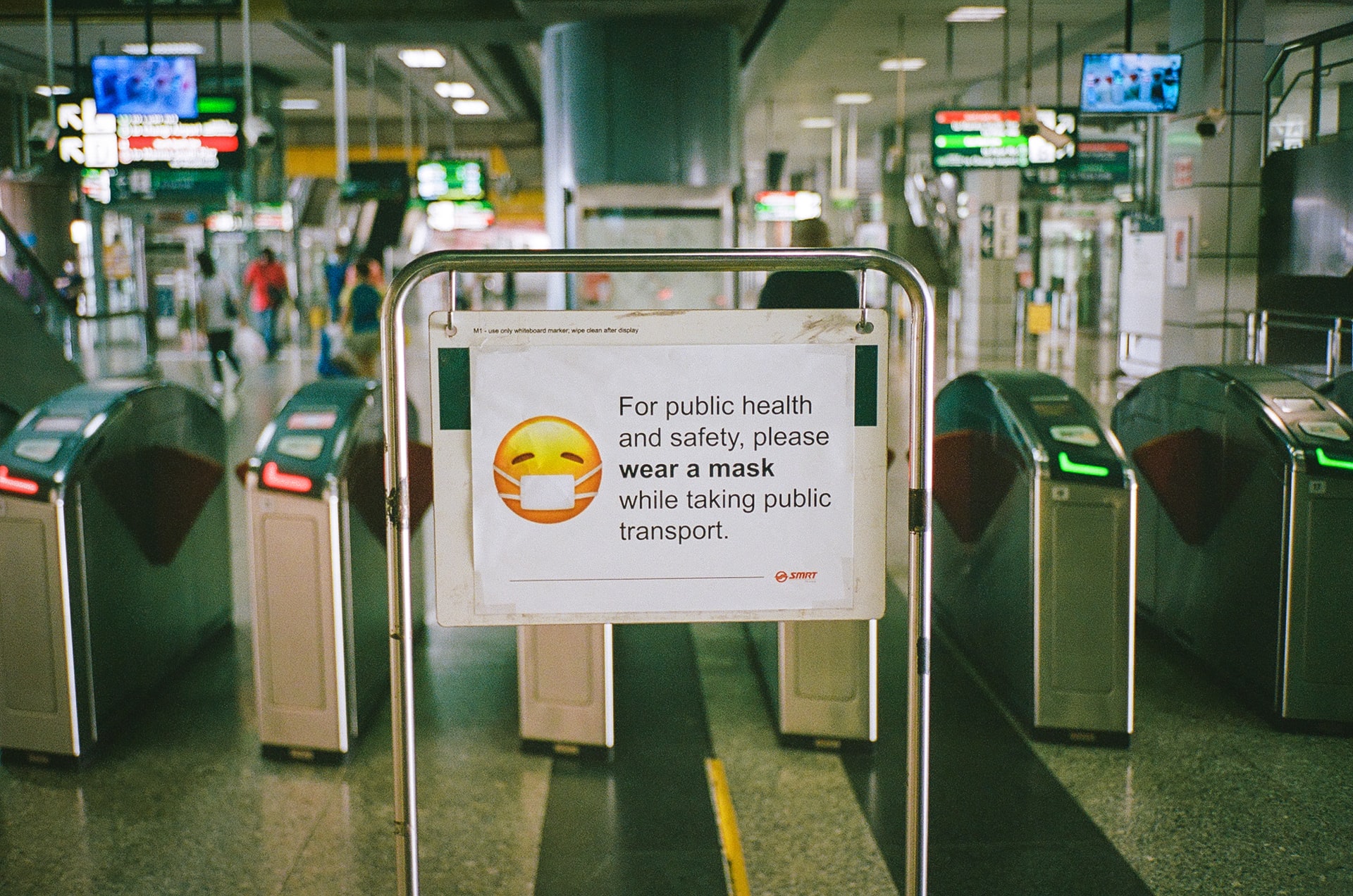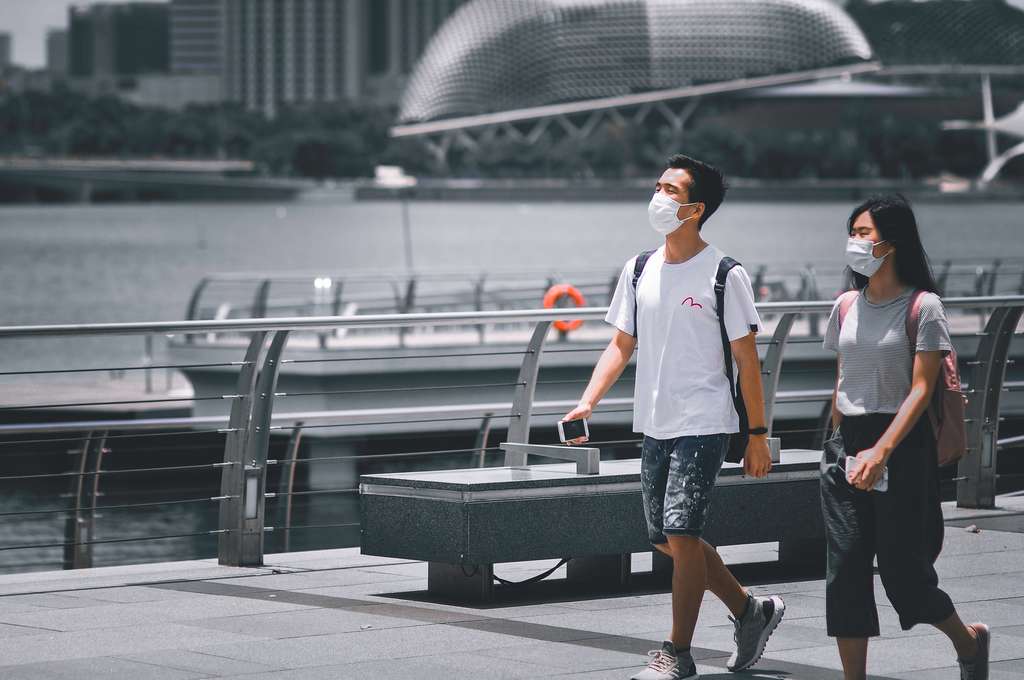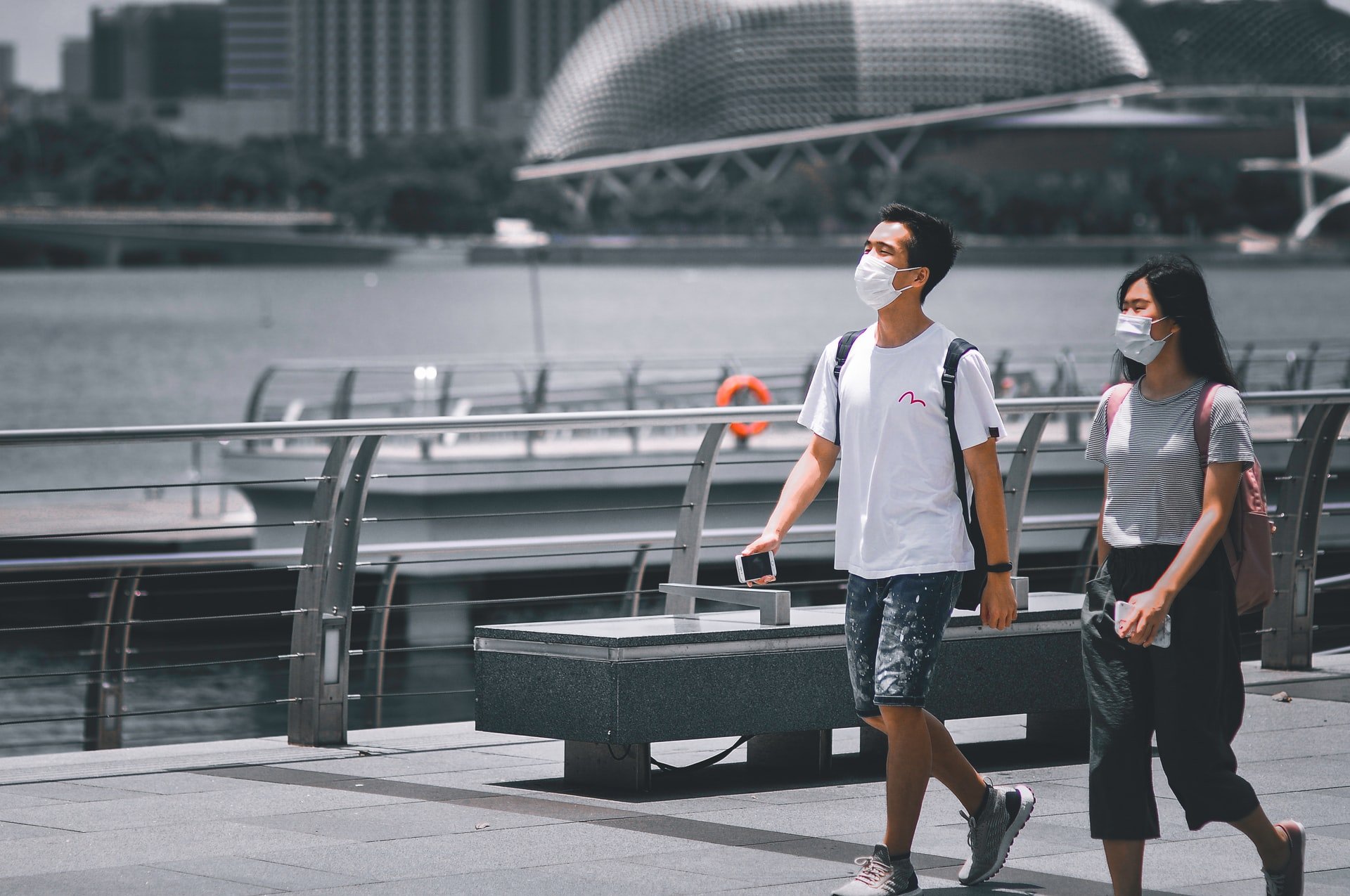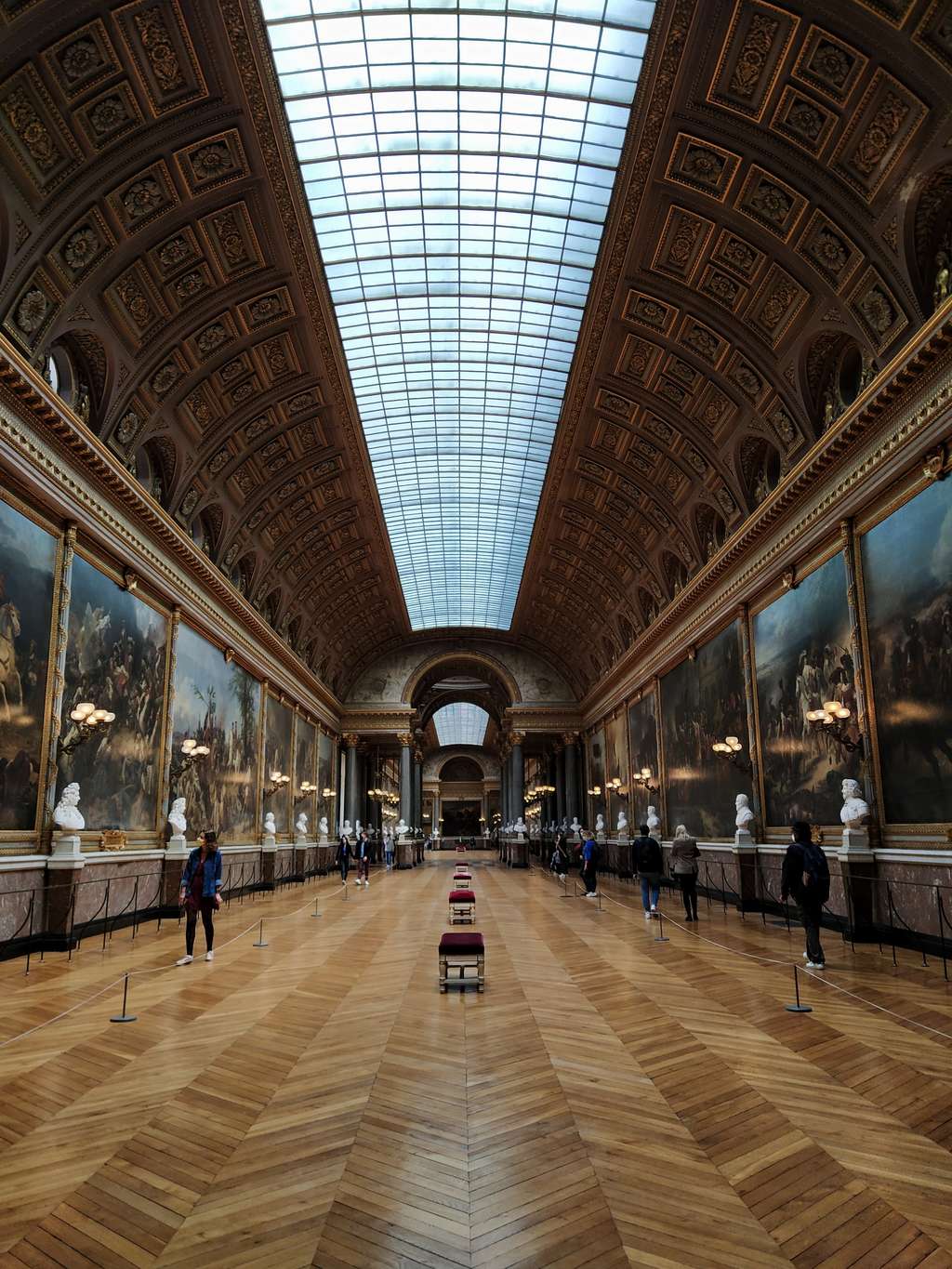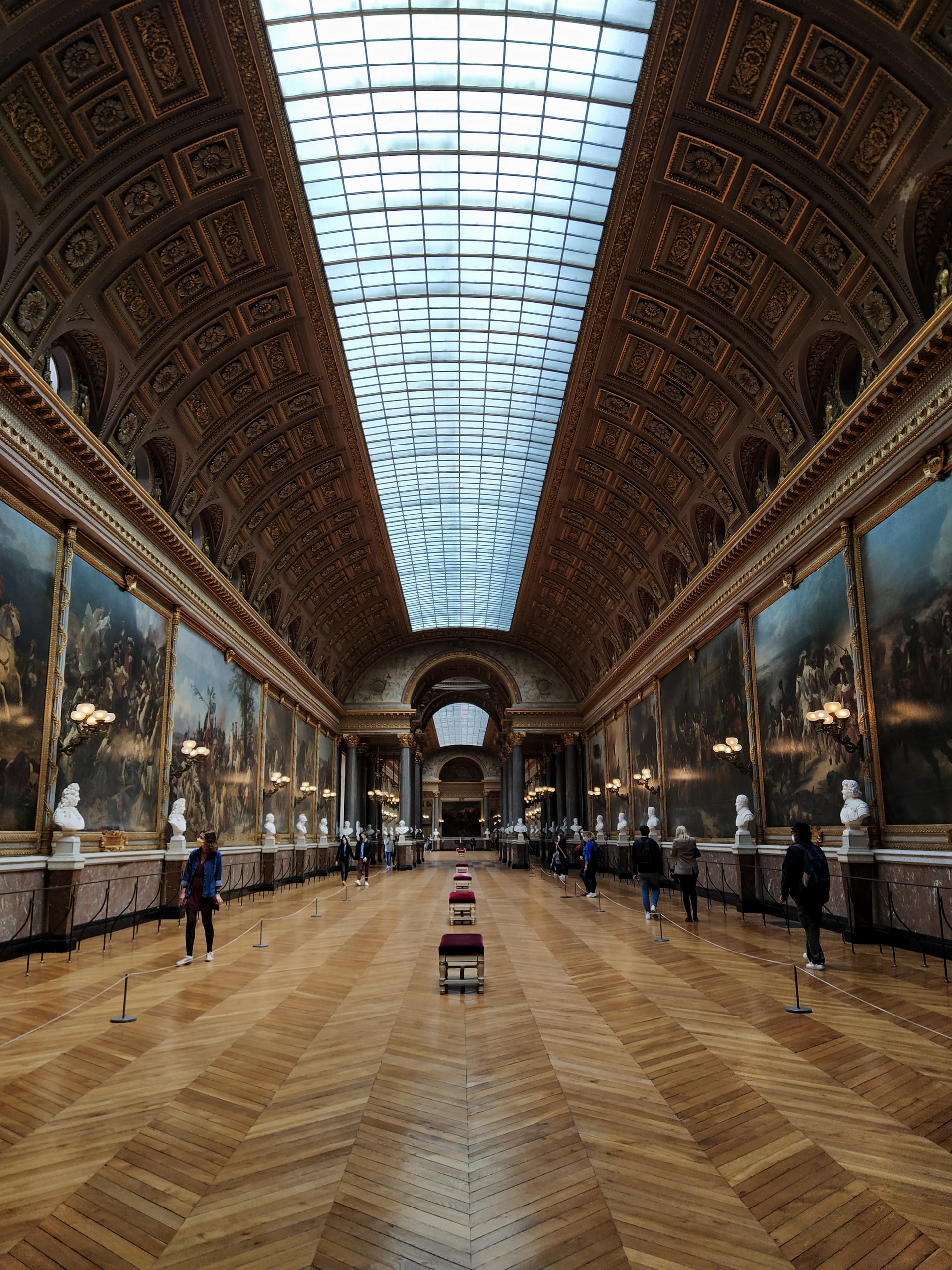5 Important Ways the COVID-19 Pandemic has Changed the Travel and Hotel Industries

As countries around the world slowly start to lift their quarantine orders, and are starting to create travel bubbles with neighboring countries, avid travelers can finally get their hopes up that they won't spend 2020 entirely cooped up at home. After months of isolation and social distancing, there is finally a real chance to visit some other destination than the local grocery store, especially now that the hospitality industry has implemented the survival solutions necessary to kick-start the travel industry while minimizing risk.
While there will always be a certain level of risk involved, now that leaders in the industry have implemented some risk-mitigating strategies and that the travel sector has evolved, it's safe to say that travelers and tourists can start planning their next escapade. With that in mind, let's take a look at how the hotel and travel industries have changed in the "new normal" and what this means for the future.
The local travel scene will thrive
The first and most obvious change is that international travel will take a backseat to prolonged domestic escapades, at least until the end of 2020. This is because countries around the world are still struggling to contain the pandemic and flatten the curve, which means that they can't risk spreading the virus again by opening their borders to international travelers.
That said, it's interesting to note that certain regions of the globe have started creating travel bubbles between neighboring countries to enable local regional travel in an attempt to save the economy.
You might be able to travel to a neighboring country under certain conditions, but you will most likely be restricted to domestic travel for the most part. Unsurprisingly, this leads the popularization of local stays and hotel chains, as well as prolonged nature escapades instead of urban tourism.
Hotels and stays have changed dramatically
The COVID-19 pandemic has had an impact on every industry in the world, and the hotel sector was forced to change drastically in order to survive and eventually begin to thrive in the new normal. While some of the leading hotel design trends of 2019 will prevail in 2020 and beyond, it's important to note that hotels have had to adopt design changes along with digital technologies and solutions to facilitate social distancing, elevate property-wide hygiene, and ensure the safety of their guests.
In 2020 and the years to come, contactless technologies will become the norm across the hotel industry, while automated cleaning features and IoT preventative measures will become commonplace in every guest room and common area. This is the only way to stop the spread of the virus and ensure guest safety and health.
Personal vehicle travel is now the norm
Until we have successfully flattened the curve and minimized the risk of another global pandemic wave, we can expect air travel and other forms of group travel to halt, or at the very least, to diminish. Luckily, this doesn't mean that travelers can't still embark on their own private escapades, as car travel and road-tripping is now picking up around the world.
This also means that travelers will start personalizing their travel experiences and their personal vehicles to make their trips more enjoyable and memorable, starting with personal cherished number plates to elevate the aesthetics of the car all the way to technology and entertainment systems to make road-tripping more comfortable and engaging for the family. These and other personal features help travelers transform their cars into camping-ready mobile homes that are perfect for a prolonged road trip into the great outdoors, far away from the dangers of human contact.
Sustainable travel will become more popular
The world has definitely seen the positive environmental effects of travel bans and quarantine, and now that people are starting to travel once more, sustainability will lead the way to a more eco-friendly future for the hotel and travel industries. Countries are increasingly implementing sustainable travel measures and regulations to keep pollution at bay and maintain public health, and even though carbon emissions are destined to rise again when in the post-COVID-19 world, the private and public sectors will emphasize conservation and preservation to minimize its effects.
Alternative urban travel is on the rise
Lastly, it's important to note that urban travel is still going to be popular in 2020 and beyond, but travelers and governments will put greater emphasis on alternative destinations instead of traditional tourist hotspots. For example, travelers will be encouraged and even required to skip Paris, Rome, London, and other global metropolises during their travels and instead visit smaller cities and towns in order to avoid over-tourism and crowding in capitals and urban hotspots around the world.
Wrapping up
The COVID-19 pandemic has definitely left a mark on the modern way of life, but that doesn't mean that tourism won't kick back up in 2020 and the years to come. Now that these changes are in effect, business leaders can craft strategies and plans to capitalize on the new trends and adapt their business models to facilitate growth and success in the new normal.
Marie Nieves
Lifestyle Blogger
